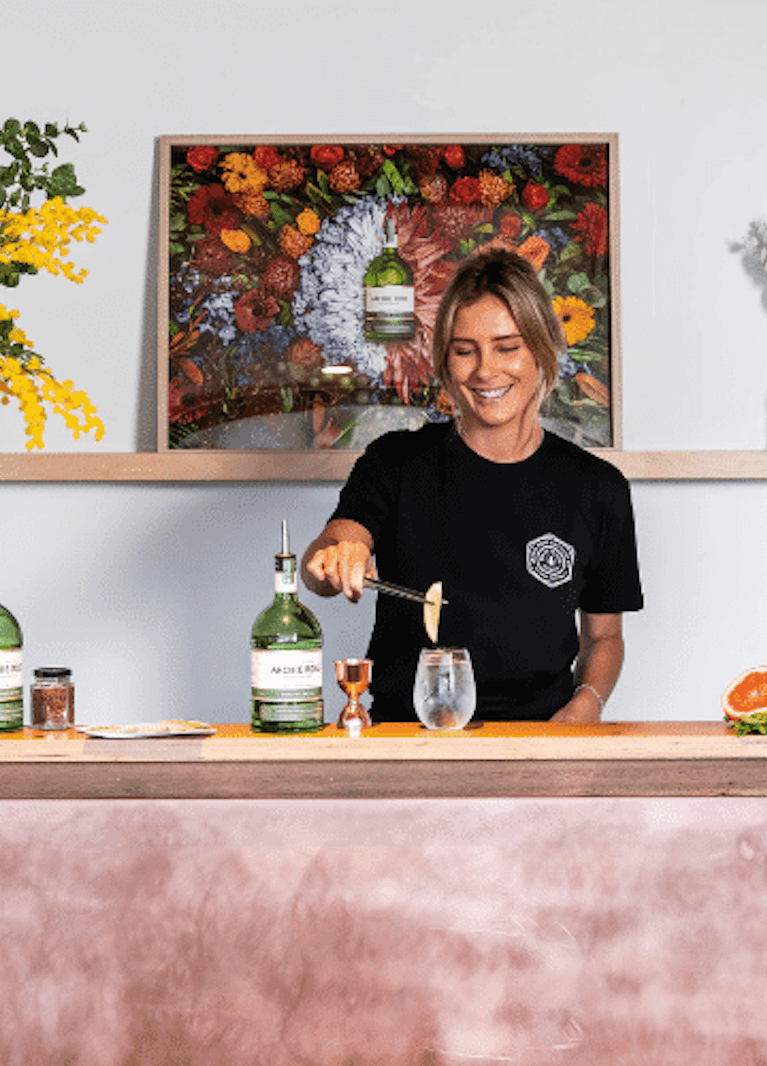Why Gin is Women’s Business
The production, service and communication of booze hasn’t been at the vanguard of equal opportunities. There have always been pockets of women in booze though. In the alehouses of London in the Stuart and Tudor times bar wenches commonly served men. When the Dutch King, William of Orange, took the throne of England in 1689 he brought with him some strange Dutch customs. Presumably clogs and tulips took their rightful place in Covent Garden.

But the most impactful import was legal domestic distillation, and the native Dutch juniper-based spirit, Jenever. Back then the Dutch Republic was the very centre of the world. The Dutch East India Company was in the middle of its 200-year reign as the richest and most powerful company of all time. If you stuffed a very large sock with Amazon, Tesla, Microsoft and Facebook you wouldn’t come close to the wealth and power of the Dutch East India Company. Its wealth was derived from the spice trade, sourced from all known corners of the globe. It therefore had the ability to wage war, mint money and negotiate treaties. But by far the most important gift to the world was the spreading of Jenever.
Believed to be the source of the military success of the Dutch armies (where the term Dutch courage comes from) Jenever had already achieved mythical status before it landed in the alehouses of London. Juniper is a majestic beast. There are a number of reasons why it has birthed an entire genre of spirits. It manages to be earthy, waxy, resinous, minty, citrusy, and woodsy. Depending on how it’s cultivated, where it was grown, and crucially how it is distilled, so much contrasting flavour can come out of a crop of juniper. With the legalisation of domestic distillation, Londoners took to making crude spirits at home with aplomb. Embracing the new spice du jour, they messed around with it, adding other spices found in the market to make their own distinct home blend of the spirit they started to call gin. Because distillation, like many other skills, was a domestic task the people playing around with recipes were women. It was women who refined the recipes, women who started the first ginhouses of London (and maybe a touch of prostitution on the side for those game) and women who started for the very first time in British history, started amassing their own small fortunes. Gin recipes from the time featured exotic spices, particularly exotic spices that would last a six-week voyage. The first recipes for gin look an awful lot like seventeenth century abortifacient recipes. Often with significant crossover, cloves, angelica, liquorice, cardamom. The most flavourful, bitter, floral, unusual, and hardy. Gin is, therefore, women’s business.